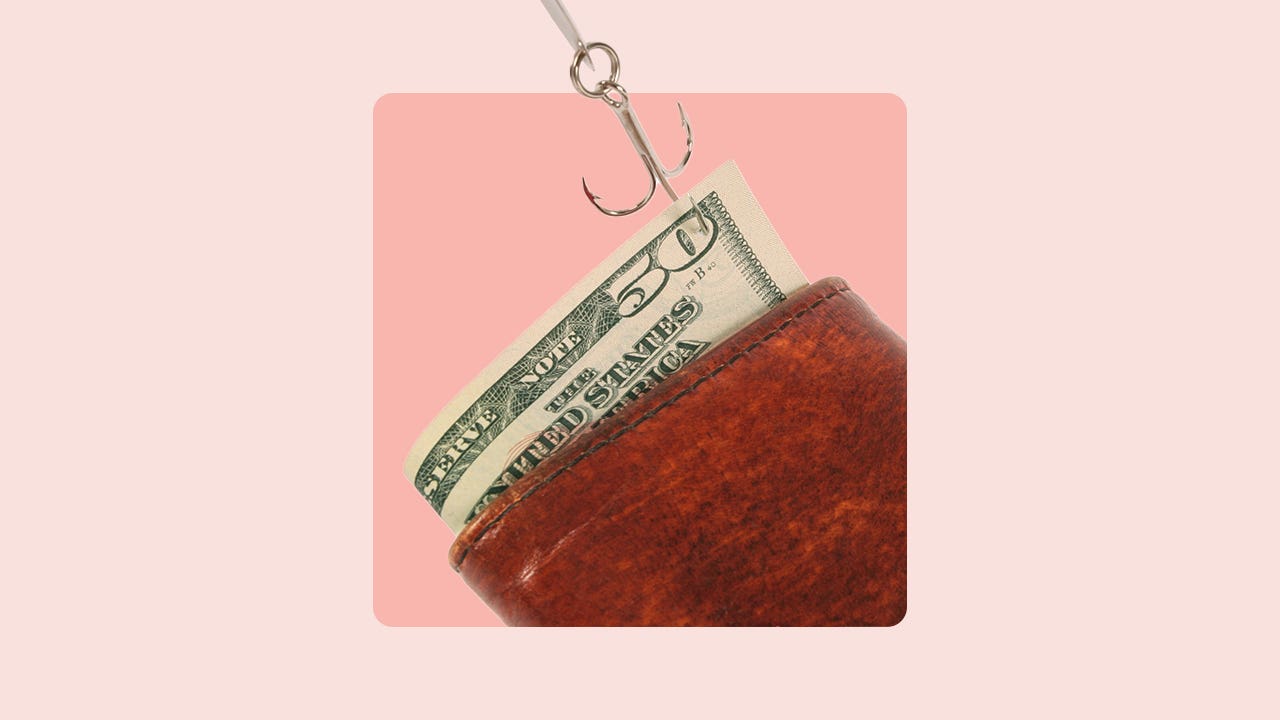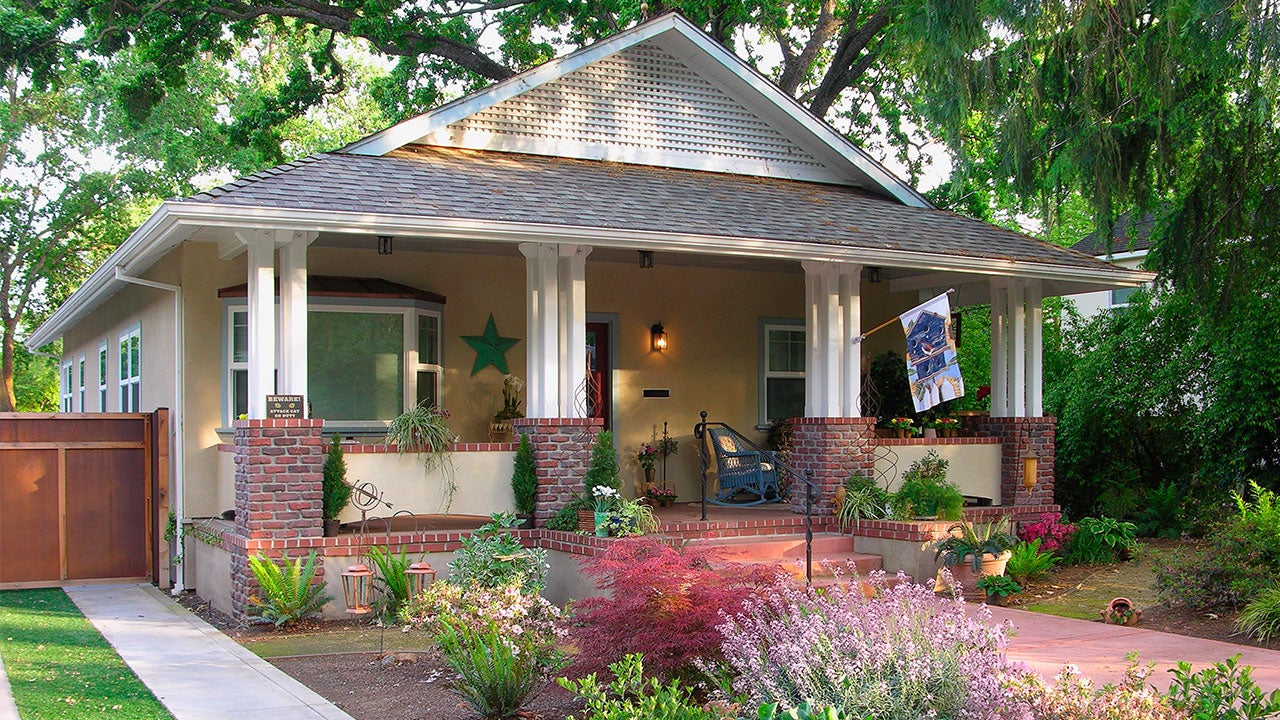How do recourse loans work?

Key takeaways
- You are considered personally liable with recourse loans if you default.
- Mortgages and auto loans are often recourse loans, though this may differ between lenders.
- Lenders may seize personal assets not listed in the loan agreement in addition to any collateral.
- This downside may be offset by lower rates — less risk for the lender often means a more competitive APR.
For lenders, minimizing risk is a large part of business. It’s why bigger loans have strict requirements and why applicants who appear reliable get the best interest rates. However, some lenders may go even further in reducing risk by offering recourse loans.
Recourse loans allow the lender to seize many of the borrower’s assets if the borrower does not repay their loan — even assets that were not included in the loan agreement as collateral. It reduces risk for the lender, which means you may be able to net low rates. But since that risk may mean losing valuable assets, it is especially important that you don’t default on the loan.
How recourse loans work
When you take out a recourse loan, you agree to be personally liable if you default. A recourse loan generally refers to a type of secured loan — for example, an auto or home loan. If you take out a recourse loan and don’t repay it as promised, a lender will first seize the attached asset. In the case of a secured auto loan, this would be the vehicle you bought with the loan funds.
However, if the lender sells the seized asset to satisfy the debt and doesn’t receive enough cash to cover the outstanding balance of your recourse loan, it can come after other assets you own to make up the difference. For example, the company could garnish your wages or take your savings account to cover your remaining balance.
Your loan contract should include whether your loan is a recourse or a nonrecourse loan. Carefully review the terms in your agreement so you know exactly what actions your lender can take if you default.
Recourse loan example
When you take out an auto loan to buy a car, the lender can legally repossess the vehicle if you stop making payments.
If the vehicle’s value is less than the remaining loan balance, your lender can seize your other assets to recoup its loss. For example, if you default on a $14,000 car loan and the vehicle is only worth $12,000, your lender is able to take action against you. If you have a recourse loan, the lender can then ask a court to garnish your wages until you’ve paid off the $2,000. It may also be able to recoup funds by taking your tax refunds, pension checks and more.
If you have a nonrecourse loan, you must still pay it back. While the lender may not be able to come after your other assets, it can still repossess a vehicle, for instance. Defaulting on a loan can also negatively impact your credit scores.
Types of recourse loans
When you take out a loan, you agree to a contract that specifies what actions the lender can take if you default. Auto loans, credit cards, real estate loans and some personal loans are all considered recourse loans.
Yes, you can find them at banks, credit unions and online. For instance, some mortgages may be nonrecourse loans based on state location.
Personal loans
Many personal loans are unsecured, which means they do not require collateral. If you default, you are considered personally liable — and the lender can take legal action against you. Secured personal loans may be recourse or nonrecourse loans, depending on the lender. Carefully review your loan contract to determine what a lender is able to do if you are not able to repay your loan.
Auto loans
Auto loans are also often considered recourse loans. The vehicle serves as the collateral and can be sold if you fail to make the agreed-upon payments for your loan. If the cost of the vehicle does not cover the entire loan, your lender may also seize other assets to make up the balance.
Mortgages
Most mortgages are also recourse loans. This is because they use the home or property as collateral.
However, there are 12 states that allow nonrecourse mortgages. This means the lender will only be able to foreclose on the home — not any other assets or sources of income.
Recourse loans vs. nonrecourse loans
In short, a recourse loan is when a lender can seize any asset, including and beyond the item used to secure the loan. By contrast, if you default on a nonrecourse loan, the lender can only take the asset associated with the loan.
Because lenders face a potential loss with nonrecourse loans, many do not offer them, or they only reserve them for borrowers with excellent credit. They may also have a higher down payment requirement in the case of mortgages or auto loans.
Recourse loans are potentially more damaging to borrowers than nonrecourse loans, but they’re also more popular with lenders. If you’re currently carrying any form of debt, there’s a good chance that it’s a recourse loan.
What assets can a lender seize with a recourse loan?
The exact course of action a lender can take depends on the laws of your state and your financial situation. It may be able to seize a high-value asset, such as a car, boat or home. If it chooses to take legal action, a lender may also be able to garnish your wages or the money from your bank account to repay any outstanding debt.
Should I get a recourse loan?
In general, a nonrecourse loan involves less risk, but they are much more difficult to qualify for. While your financial situation will determine which is best, in most cases, you may be unable to find a nonrecourse loan.
A recourse loan is a good choice if you want to find a competitive low interest rate. They almost always come with more favorable interest rates than nonrecourse loans because there is less risk for lenders if you are unable to repay your debt.
A nonrecourse loan is best if you have an excellent credit score. Lenders typically have higher lending standards for nonrecourse loans and primarily offer them to borrowers who have the best credit scores. You can use a loan calculator to see how much a lower rate will save you both monthly and overall when deciding.
What happens if recourse debt is canceled?
Like any debt cancellation, there will be tax implications. This is especially true for secured loans like mortgages. If you are personally liable for the debt — which is the case for a recourse loan — you will need to report it on your taxes. In other cases, your tax refund could be garnished to pay back a lender if the sale of the asset wasn’t enough to cover the amount you owe.
Bottom line
If you already have a recourse loan, your best course of action is to pay your bills on time. If you’re worried about defaulting and have a recourse loan, you should contact your lender and ask about your options.
If you are deciding between a recourse loan and a nonrecourse loan, weigh the pros and cons. You may pay more interest on a nonrecourse loan, so if you have a stable job and low debt-to-income ratio, you may decide to take a small risk and choose a recourse loan.
Why we ask for feedback Your feedback helps us improve our content and services. It takes less than a minute to complete.
Your responses are anonymous and will only be used for improving our website.
You may also like

Can you consolidate defaulted student loans?

What is a secured loan and how does it work?

What is an equipment loan and how does it work?

What is a short-term business loan and how does it work?



